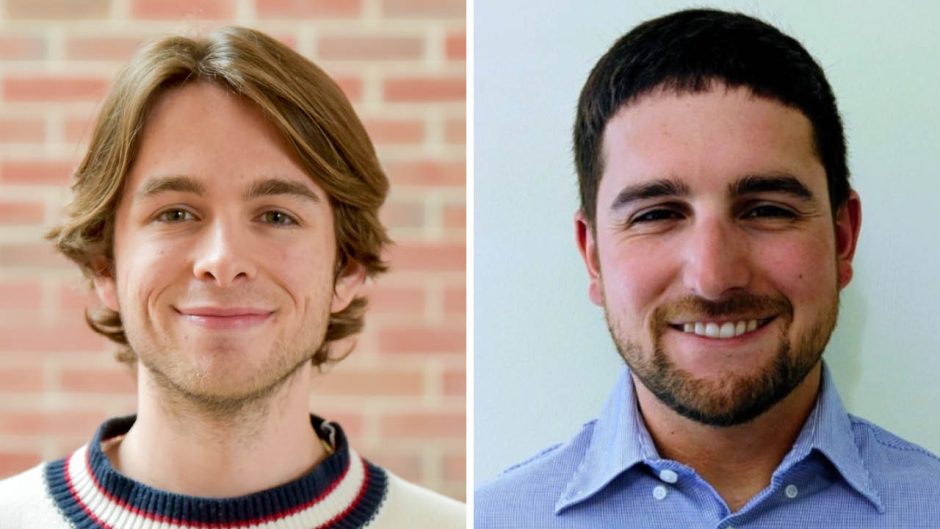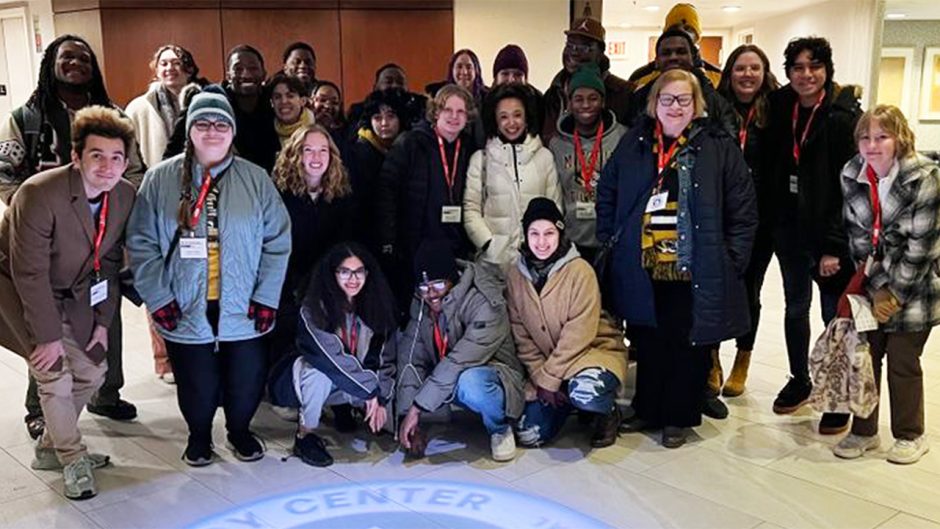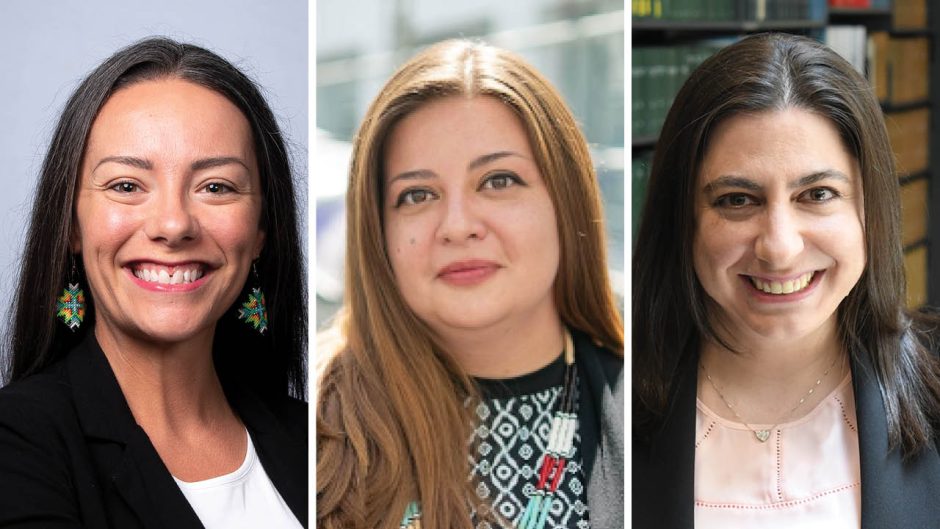Jan. 3, 2022
Contact: Deidra Ashley, ashleyde@missouri.edu
Rachel Juergensen grew up teaching others. As an older sibling, she taught her siblings how to do things like clean their rooms and put on plays for family during the holidays. In high school, Juergensen taught dance classes and tutored her peers. When it came time to choose a college, she decided to take her passion for teaching and turn it into career. Juergensen attended the University of Missouri and graduated in 2004 with a degree in elementary and early childhood education.
After graduation, Juergensen moved home to St. Louis, where she served as an elementary educator and administrator. It was there that she saw students with disabilities, and those experiencing difficulty in science, treated differently than their peers without disabilities in the general education classroom. “I wanted to learn more about why our general education teachers held lower expectations for these students, especially in science, and to see if there was a way for me to help,” Juergensen said.
Juergensen returned to Mizzou in 2018 as a doctoral candidate — focused on research addressing equitable opportunities for students with disabilities in science.
“Part of my dissertation research is focused on having teachers look at and reflect on data analytics around equity,” she said. “When teachers see the data, they become more aware of the equity in the opportunities they provide in their classroom. This awareness has helped them reflect on ways to increase equity in opportunities in future instruction.”
Due to her niche research topic, Juergensen has had to get creative with opportunities to grow her knowledge, do research, network and publish. One of the opportunities she sought out was working with Associate Professor Laura Zangori in the College of Education and Human Development’s Department of Teaching, Learning and Curriculum.
“Our first time working together, Rachel did a literature review of research on how students identified with learning disabilities were supported in science learning opportunities in general education classrooms,” Zangori said. “We quickly discovered that there was very little research in this area. From that moment on, Rachel began working on how to interweave science and inclusive best practices in the classroom.”
Now, Juergensen does her research via a leadership grant called Project PRISM, which was developed to prepare and support doctoral students in the area of special education and mathematics or science education for a career in research.
“The experiences that I've gained through Project PRISM — working on large research teams where I get to really be hands-on in the process of collecting and organizing data, working with teachers, analyzing data, writing and disseminating it — have been so helpful as I learn and move forward with my own research.”
Lizzie Thomas, a fellow PRISM Scholar, has seen Juergensen’s commitment to equitable education opportunities firsthand.
“Rachel is really passionate about the inclusion of everyone in everything,” Thomas said. “In her previous professional roles, Rachel saw the injustices in the world, and she wants to fix them. Through her research, she’s found an avenue where she can advocate for students.”
Ultimately, Juergensen said she has found that the lack of inclusion comes from a lack of preparation and professional development for teachers. Through her research, she hopes to provide those resources.
“Teachers want to learn," Juergensen said. "They want to include students. They want to know what they can do to make these opportunities more equitable for all the students in their classrooms. I hope my research can help provide them those tools.”
Juergensen’s research has helped her earn accolades and additional funding, including a CADRE STEM fellowship, the Sandra Whayne Gautt Award and grants from the Learning Disabilities Foundation of America and the Division for Learning Disabilities, among others. “The research experiences I’ve gained throughout my doctoral program at Mizzou have helped me achieve my goals of researching equitable opportunities in science for students with disabilities, and I know this will have an impact on teachers and students around the globe.”
Story written by Madalyn Murry




